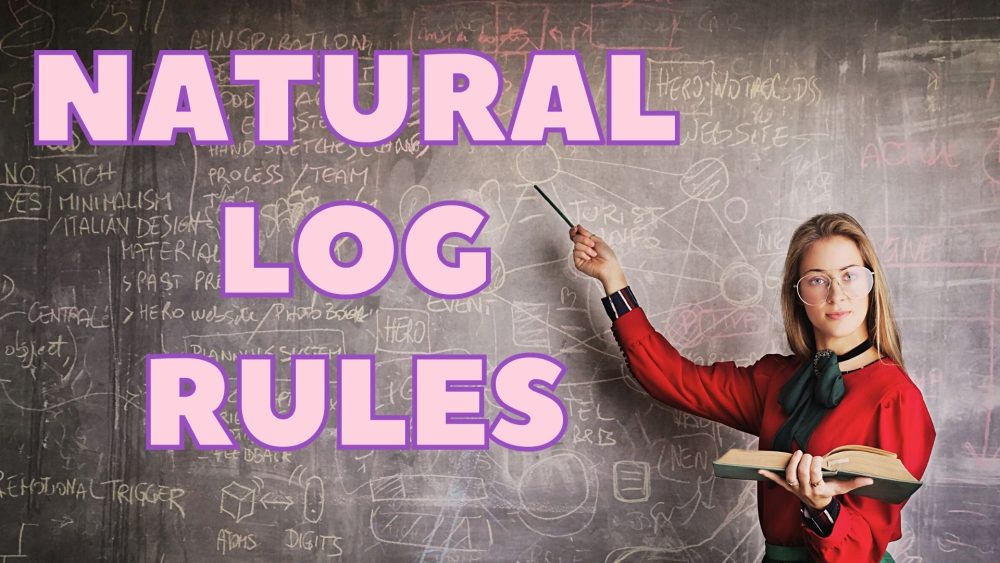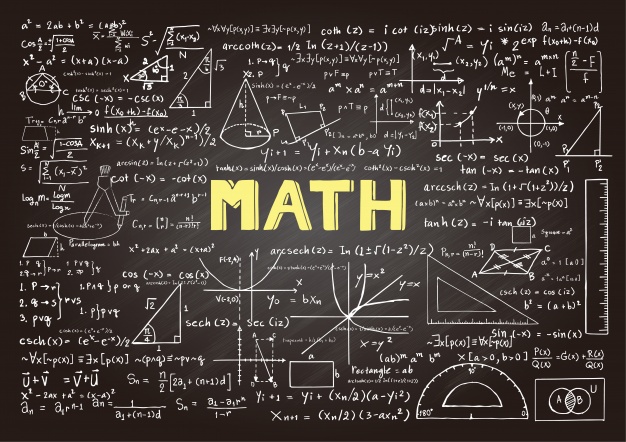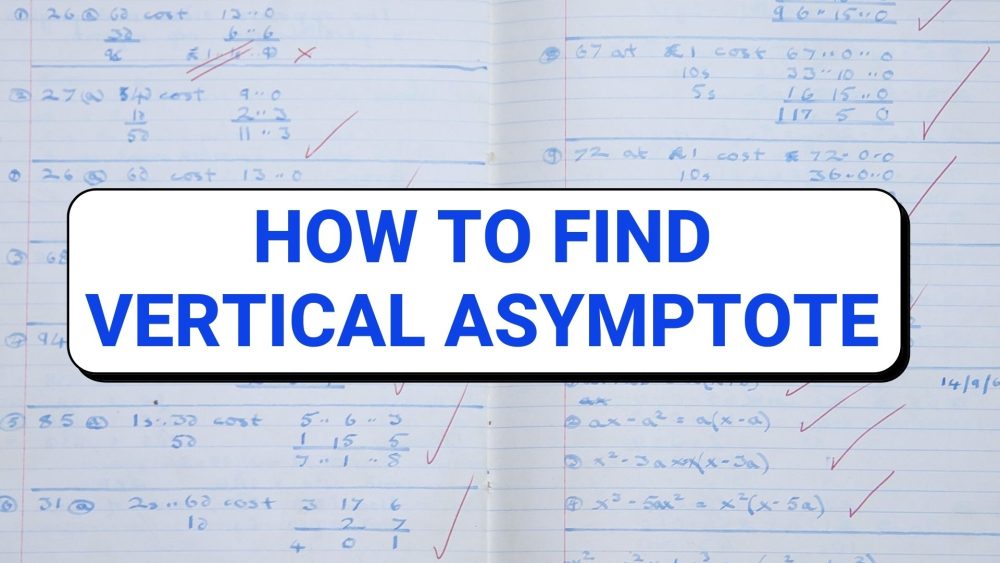You might need logic homework help for varied reasons. But, the major reason why many learners need help with logic homework is the lack of adequate time to complete the assignment. In most cases, this assignment takes a lot of time. And most learners need time to study for exams.
Logic is the study of informal and formal reasoning. Initially, logic was a part of philosophy. However, logic is now a mathematical discipline. It’s a core aspect of computer science and also a linguistic tool. Those studying logic at universities and colleges know what logic in computer science and other disciplines is all about.
Major Reasons to Seek Logic Homework Help
Logic exercises and assignments revolve around argumentative and critical thinking. As a branch in philosophy, logic is a formal study of arguments. Completing assignments in this discipline, therefore, involves defending ideas through logic thinking. You must be smart in presenting ideas and attacking your opponents.
Philosophers, lawyers, policymakers, writers, and editors are all interested in logic and critical thinking. The first philosopher to tackle logic seriously was Aristotle. He coined the word “syllogism”. This refers to a simple argument that lacks a conclusion and two premises yet it can be evaluated for validity and soundness. Essentially, not every syllogism is valid.
Most logic books and classes teach students to come up with valid arguments. They also teach them to consider logical fallacies or errors in thinking carefully. What’s more, students are exposed to different forms of arguments. Symbolic language is learned in logic classes and the best books on logic teach this as well. For instance, learners are taught about symbolic language. This involves arguments that are created with symbols and letters. They resemble different mathematical formulas. But, symbolic logic exercises are not easy.
Some professors require students to argue against all logic in their assignments. Others may require learners to discuss the science of logic extensively. These are not simple tasks. They require time and skills to research and present arguments and counter arguments properly. And because students have tight schedules and deadlines for multiple assignments, they end up seeking help with logic homework.
Using the Logic Homework 8 Inference Rules
Some students turn to experts for logic help because they don’t know how to use the inference rules of logic. In the science of logic, inference rule or the rule of inference is also called the transformation rule. It can be described as a logical form that comprises a function that takes the premises, analyzes the syntax, and then returns a conclusion.
For instance, the inference rule known as Modus ponens involves two premises with one forming the “If p then q” format while the other comes in the form of “p” and “q” as the conclusion. The validity of the rule depends on classical logic semantics and semantics of other non-classical logic. Essentially, if the premises are considered true based on interpretation, the conclusion is also considered true.
Completing homework assignments that require learners to use the 8 inference rules is not easy. It requires the learners to know how old is logic and what the 8 rules stipulate. Essentially, inference rules are templates that build valid arguments.
Inference rules are considered syntactical transform rules that are used to infer conclusions from the premises when creating arguments. These are the rules that people use to infer valid conclusions. These rules are mostly used in math assignments and visual logic puzzle exercises. They also help in forming good arguments in different disciplines and occasions.
Using Logic to Form Excellent Arguments
Logic largely entails studying arguments. People use logic to analyze arguments or reasoning. It’s through logic that experts determine whether an argument is valid or invalid. A good argument is a valid conclusion supported by premises or premises. And, certain rules should be followed to construct logical arguments to minimize errors.
So, how does logic help to form a good argument? Well, you must be familiar with logic rules to form a good argument. Logic means “reason” or “thought”. Therefore, using logic means reasoning or thinking well.
Therefore, a good argument comprises a logical connection between the presented assumptions and conclusion. Those pursuing geometry studies can compare this to writing geometrical proofs. A classic example is the ancient Greeks’ reasoning based on the logic rules.
It goes like this:
- Socrates is a man
- All men are mortal
- Socrates, therefore, is mortal
This makes sense. But, some statements can appear logical when looked at. However, further examination proves that they don’t make sense.
For instance:
- Aristotle and Socrates are different
- Socrates is a man
- Aristotle is, therefore, different from a man
Such an argument doesn’t make sense. It is a logical fallacy or an argument that concludes without following from the presented premises. A fallacy is also defined as faulty or invalid reasoning. It’s an argument that professes decisiveness of an issue yet it is not.
- Logic proofs help in strengthening an argument. To provide these proofs, you must familiarize yourself with the subject that you want to argue about and stick to it. This will enable you to express your reasons for reaching the conclusions that you make. You also present the points that you wish to make in your argument. To be strong, an argument should have a minimum of three main points.
- Practice making an argument from a different viewpoint when preparing for a debate or an argument. This will enable you to consider the counter-arguments that you’re likely to face. This is what most people term as being the devil’s advocate. It’s the practice that lawyers use to prepare for tough cases.
- An argument that considers only one side of an issue can’t win. To come up with a good argument, you must switch from one side to another with ease. Your opponents should not lead or distract you from the topic.
- Additionally, avoid getting emotional when presenting your argument. Avoiding getting emotional can boost logic in an argument. It enables you to remain calm even when your opponent provokes you. To avoid getting emotional, maintain the normal volume of your voice, avoid insults, and expect opposition. Learn to listen to your opponent without losing temper.
Practice Solving a Logic Puzzle
One of the best ways to enhance logical reasoning and arguing is by practicing. Practice constructing logical arguments or playing logic games. For instance, you can practice by arguing about the logic to never do homework. You can also read logic puzzle books before you start solving puzzles.
If you work on puzzles consistently, brain cells’ connections will be reinforced. New brain cells’ connections will also form. And, this will enhance your short-term memory. Memory is very important when it comes to completing puzzles. It enables a person to remember the sizes, shapes, and pieces. This enables you to visualize where different sizes and shapes of the puzzles fit.
What’s more, playing logic games help with focusing, reaction control, and attention. These are important skills when it comes to arguments. But, some logic games and puzzles are not easy. Nevertheless, they play a crucial role in enhancing the ability to make logical arguments with valid conclusions.
Get Professional Assistance
Completing homework in logic requires a vast knowledge of logic traditions. Mathematical notation, logic programming, and incompleteness theorems can also be involved. Essentially, there is so much that is involved when completing logic assignments.
Students must also ensure that their work is not laced with plagiarized content. They must also meet the submission deadlines set by their educators. These are some of the major challenges that prompt learners to turn to experts that require them to simply say, ‘do my logic homework’.
You should get assistance with your homework if:
- You’re confused by multiple writing assignments in logic subjects
- You don’t have adequate time to acquire knowledge on the subjects separately and complete the assignments
- You have more important things to do instead of spending all your time researching, learning, and writing assignments
You can approach professional homework helpers if faced with these and other problems. Your professor, guardians, or friends might not always be available to help with homework or show you how to solve a logic puzzle. However, online logic homework helpers are available 24/7. Contact them if you need help with any logic task.














